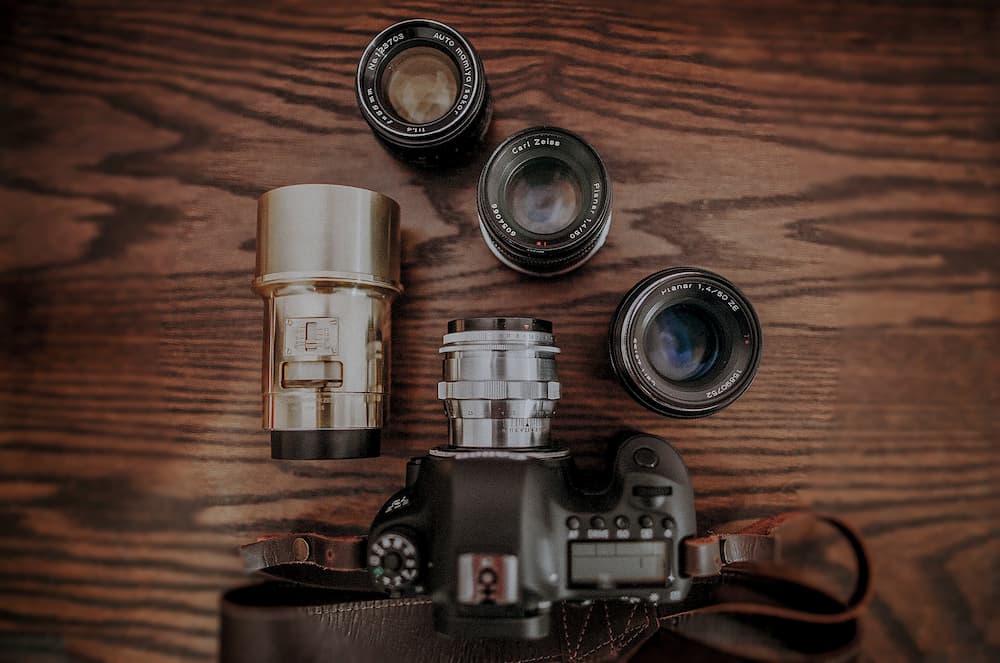When you start photographing, it seems that professional growth comes very quickly. You will measure your skill by the improvements you see in your artwork and the photographs you take. In this article, we will talk about the things every beginner photographer should know.
It’s an expensive hobby
Photography is not cheap, especially if you plan on actively buying equipment. After purchasing your first DSLR, you are destined to buy a “system” of lenses and flash units that only work with that brand. If you want to sell everything and switch to another brand after that, it can cost a lot of money.
Buying a camera will force you to buy add-ons that are only compatible with it. There are two approaches to avoiding the costly side of photography: first, don’t tie success to the equipment you use. That is, you cannot convince yourself that an additional lens will make your work perfect. When it comes to equipment, there is no magic wand; the best approach is to buy everything you need gradually and thoughtfully.
Second, cut costs with savings. First, buying used equipment seems daunting, but it may become a chance to buy cameras and lenses beyond capabilities.
Switch to manual mode
The sooner you start to really control the exposure, the sooner you stop being the person who just clicks the buttons. This is not always easy – you need to learn a lot about metering, exposure, focus, and other things.
Going beyond auto exposure is the most crucial step to go from beginner to master. Once you begin to control the photograph and learn to deal with the nuances of exposure, you turn the work upside down and anticipate the result. You will use lighting, create creative exposures, and come up with many scenarios that the camera can handle on its own.
A great intermediate step is learning how to control one additional factor at a time. Start by understanding ISO, how it affects the shot and the light that hits the sensor. Then you can move on to controlling shutter speed and aperture, also examining the visual changes from them. Working on a shutter speed or aperture is an important training step towards full manual exposure control.
Shooting takes time
It sounds painfully primitive, but people tend to forget that the only way to really improve skills is to hold a camera in your hands every day, constantly taking pictures.
How can you get better if you don’t take the time to shoot? Shooting with friends and the presence of a competitive element are two best ways to keep yourself busy with filming and improve your skills. A great way to keep taking photos is to challenge yourself.

Take your time to become a pro
After you’ve been shooting for a while and have already started exhibiting your work, there will be a chance that you will receive your first orders. Whether it’s a friend’s graduation portrait, landscape photography for print, or a wedding (the most dangerous thing to do), friends will always look for someone (usually cheap) to capture their precious moments.
Of course, the chance to quickly monetize your hobby looks very attractive. This will help you buy new equipment and make ends meet. However, some nuances cannot be predicted. Dealing with demanding clients who terminate a contract at the last moment, legal liability risks, and many other things are all integral parts of the professional process. No matter what your relationship with the client is, you will always be in the position of receiving payment for the services provided. Take your time to get into professional photography and proceed with caution.
Explore the camera in detail
Another way to improve your photography skills is to understand the tools you are working with. When you don’t have to think about which buttons to press and what technical decisions to make, you can approach photography from a creative perspective. You’re thinking about the lighting, not the numbers on the aperture dial. If you study every option, every setting, every camera control, it becomes an eye extension.
A thoughtful reading of the camera manual is a great way to get started.